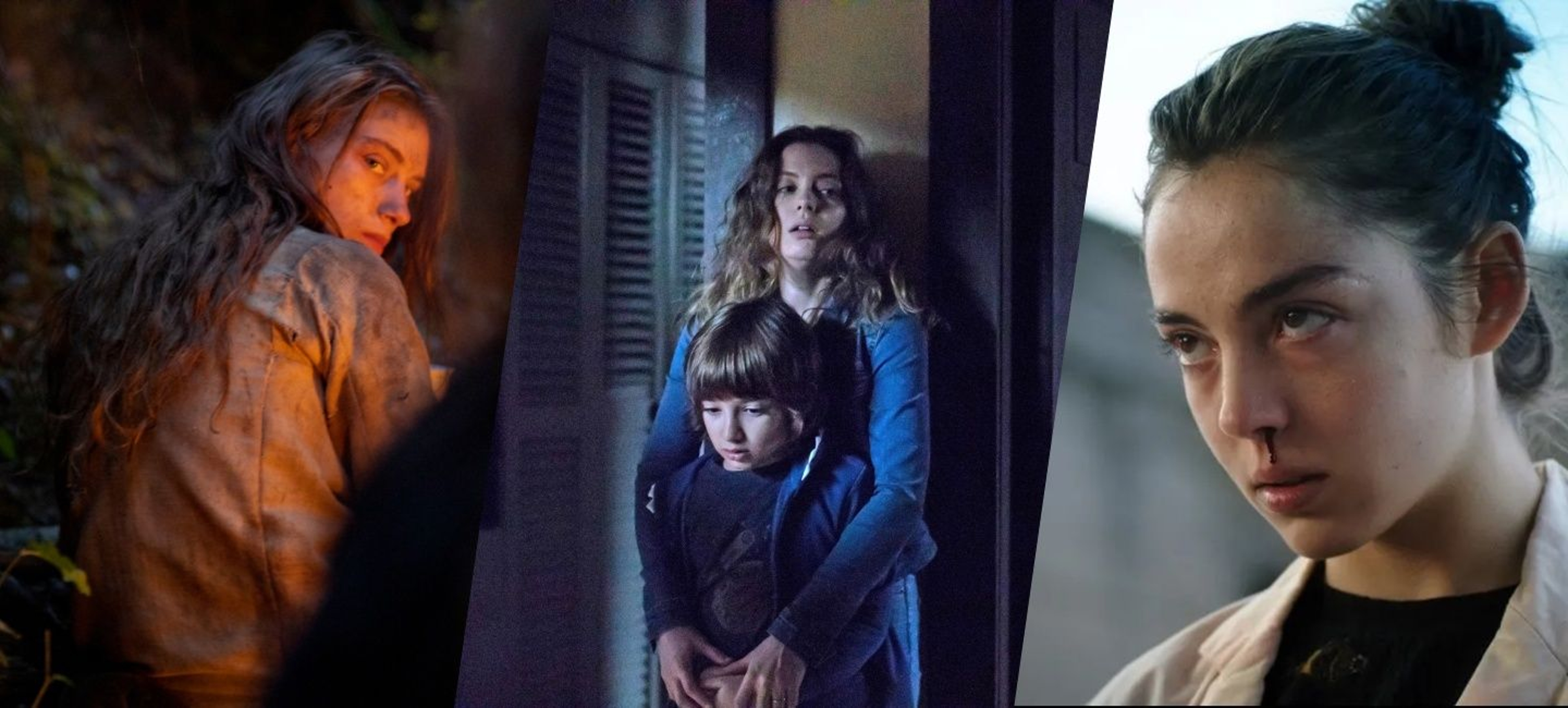Nothing says Halloween like sticky candy and scary films.
So this year, we’ve pulled together a bag of delicious horror and delightful chills—films that deliver a good old-fashioned scare in some truly innovative ways.
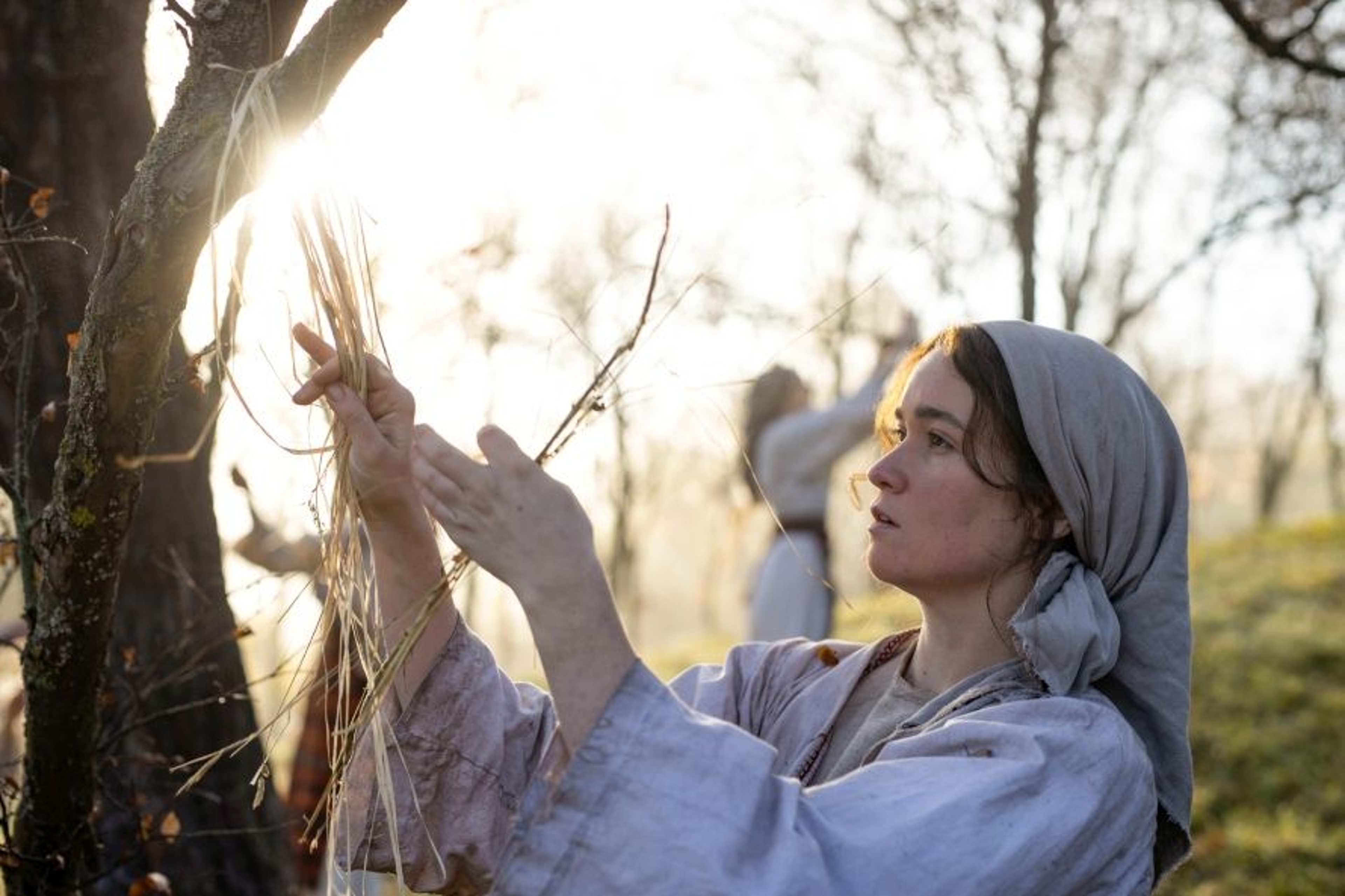
Alice Englert in You Won't Be Alone
You Won’t Be Alone
In You Won’t Be Alone, Goran Stolevski rediscovers humanity in horror. Stolevski told IndieWire, “I wanted to take a horror premise and treat it as I would anything that’s sort of driven by characters and feelings.” Set in 19th century Macedonia, the film follows Nevena (Sara Klimoska), a young woman who was kidnapped as an infant and raised in isolation by a local witch, old Maid Maria (Anamaria Marinca). As an adult, Nevana learns about the world by taking over the bodies of strangers, a terrifyingly violent act that produces a sense of wonder and beauty. Heralded by IndieWire as “among the best horror debuts in years,” You Won’t Be Alone rewrites the rules of terror by providing, according to The Guardian, “a shockingly great horror movie that cleverly differentiates itself from umpteen other productions involving witches and forests visited by the damned.”
The official trailer for You Won't Be Alone

Domhnall Gleeson in The Little Stranger
The Little Stranger
In adapting Sarah Waters’ acclaimed novel, The Little Stranger, Lenny Abrahamson transforms the haunted house story into a meditation on history and class. In 1948, Dr. Faraday (Domhnall Gleeson) is called to the once-great Hundreds Hall to attend to a sick maid but discovers instead an aristocratic family and its estate in ruins. The daughter (Ruth Wilson) struggles to maintain the household. Her brother (Will Poulter) is greatly injured from the war, and their mother (Charlotte Rampling) hears voices in the walls. Is their home haunted by malevolent spirits or crushed by history? Rather than blame things that go bump in the night, Abrahamson told The Journal, “I took seriously the story and the characters….I thought, ‘Let’s believe the character is having these experiences.’” In the end, he creates, according to The Independent, “a ghost story in which politics, class and money are the most frightening elements [and] the terror is in the minds of the protagonists.”
The official trailer for The Little Stranger
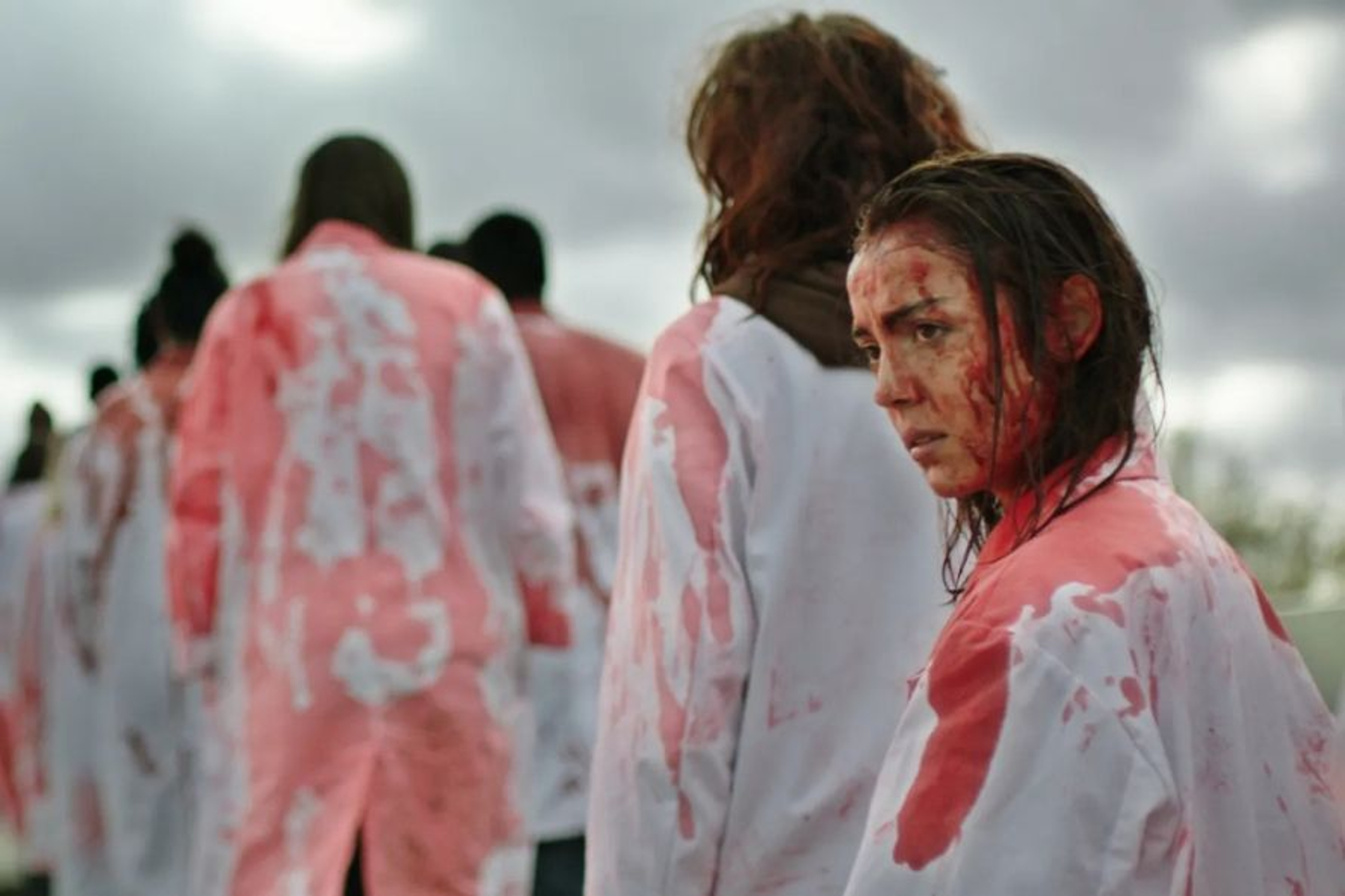
Garance Marillier in Raw
Raw
In her shocking debut feature Raw, Julia Ducournau made cannibalism both touching and terrifying. A young vegan attending veterinarian college (Garance Marillier) discovers through a series of unexpected events a hunger for one of Western civilization’s greatest taboos. Ducournau’s use of body horror opens up profound questions about human experience. The tale’s horrific details, Ducournau tells Film School Rejects, “provide a promise of equality, because in the end we are all like this in our intimacy.” Rolling Stone calls the film “a modern horror masterpiece,” and MTV writes that “Ducournau has made a beautiful film about terrible horrors.”
The official trailer for Raw
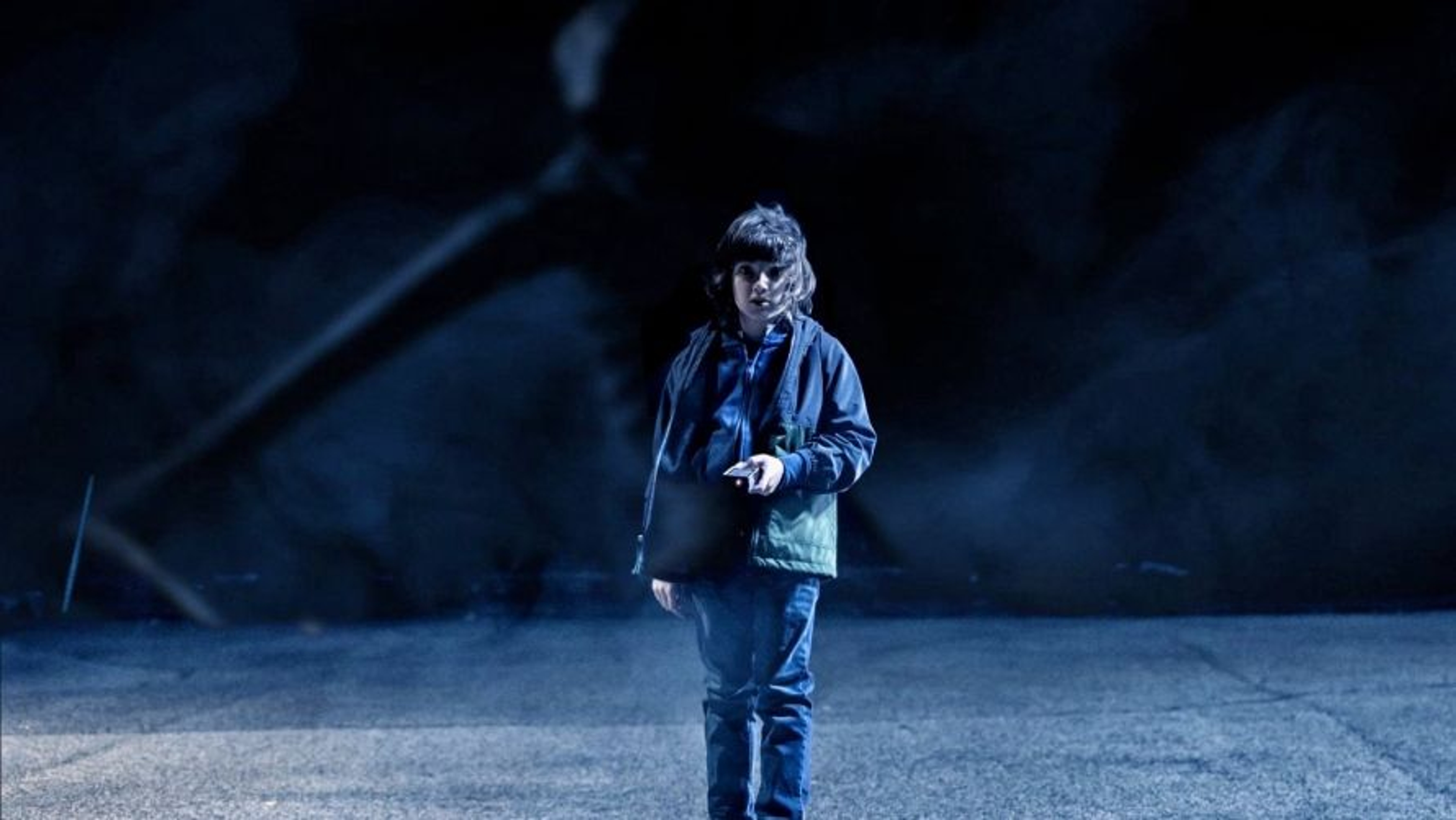
Azhy Robertson in Come Play
Come Play
In Come Play, Jacob Chase takes our fear of monsters who lurk in the shadows into the digital age. When Oliver (Azhy Robertson), a non-verbal child with autism downloads an app called Misunderstood Monsters, Oliver and his mother (Gillian Jacobs) discover that monster’s desire to make friends is more threatening than inviting. Connecting to the terror of being alone, Chase tells Sci-Fi Now how he explored the “thematic tie between the loneliness that we feel anytime and the loneliness we can also feel when we’re using our devices.” In doing so, he makes old monsters new again. For Daily Journal, “Come Play is a smart horror film…making a few pointed jabs at our social dependency on electronics and the dangers within.”
The official trailer for Come Play
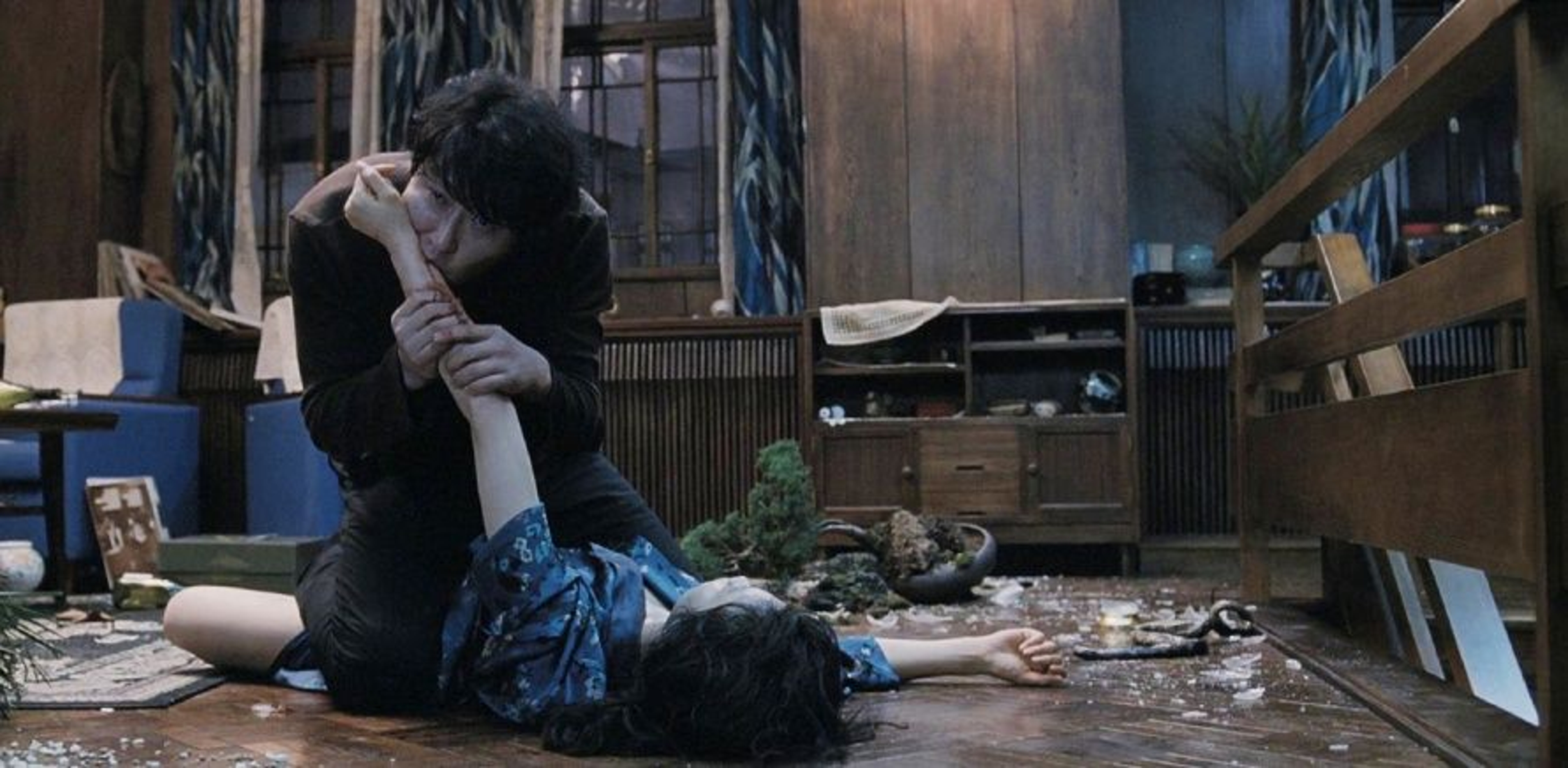
Song Kang-ho and Kim Ok-bin in Thirst
Thirst
With Thirst, Park Chan-wook gives the vampire story a spiritual edge. A young priest (Song Kang-ho) is turned into a vampire when an experimental medical trial goes horribly wrong. But rather than give himself over to the dark side, the holy man seeks to connect his two sides. “I wanted to tell the story of a character who…is torn between these two different worlds, and about the dilemmas that creates,” Park tells Electric Sheep. As imaginatively and appropriately gory as any vampire film, Thirst also provides, writes the Los Angeles Times, “a rumination on morality and mortality that is not at all deadly, but funny and profound and at times intensely erotic.”
Thirst | Mrs. Ra Reveals Her Daughter is a Murderer
